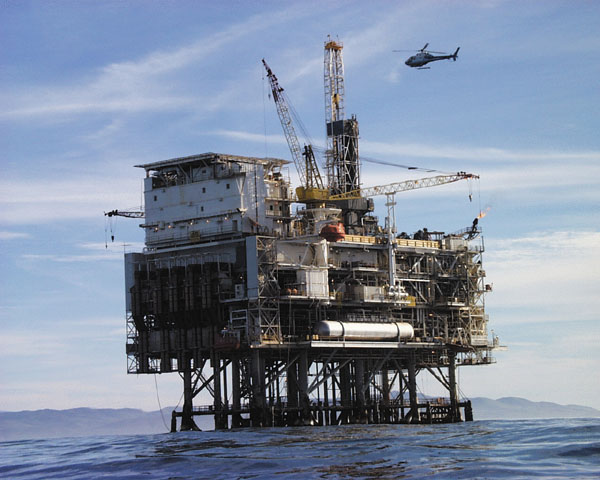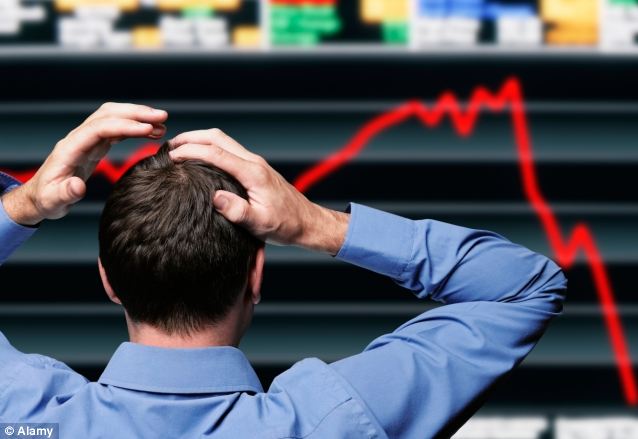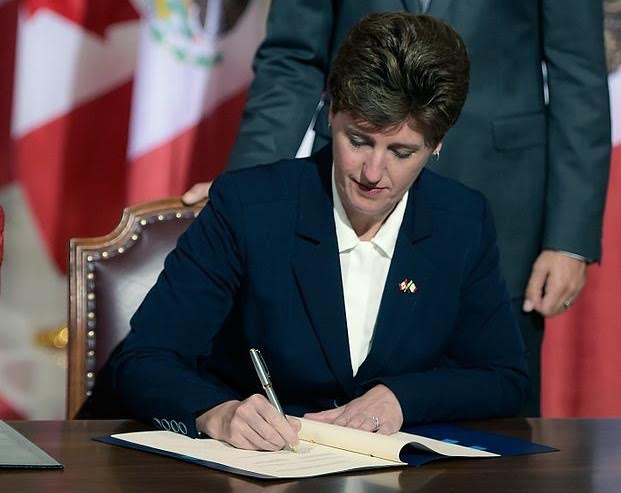To many people around the world Norway is best-known for its gorgeous ski resorts, its fishing industry and of course, Vikings. However, what is generally unknown to many people is that Norway is among the greenest countries in the world. Norway has the highest number of electric vehicles per-capita and approximately 97% of electricity in the country is produced through hydroelectric methods. The use of electric vehicles in Norway is heavily encouraged by the Norwegian government, as they offer a long list of benefits and subsidies that include sales tax exemptions when purchasing an electric vehicle and special permission for electric vehicles to use bus-only lanes. These benefits, along with a long list of others, have propelled the Tesla Model S (an electric car that retails for approximately $70,000 USD) to be the best-selling vehicle in Norway.
So now comes the question of how can a small country like Norway afford to keep itself as one of the greenest countries in the world? The answer is ironically, oil. Up until 1970, Norway’s economy was heavily dependent on its fishing and agriculture industries. In the decades ollowing the discovery of oil in the North Sea, Norway’s economy underwent drastic changes in the following decades. Today, Norway is the largest oil producer in Europe and the third-largest exporter of natural gas in the world. As a result, Norway now has the largest sovereign wealth fund in the world, currently valued at approximately $850 billion USD and expected to reach $1 trillion USD by the year 2020. With its relatively small population of just 5 million, this makes Norway richer than much larger countries with sovereign wealth funds such as Saudi Arabia and China.
As one of the world’s largest exporters of natural gas as well as one of the greenest countries, Norway can be described as a paradox, even by its own citizens. As Norway exports almost all of the natural gas it produces, some have accused Norway of “carbon laundering”, that is, decreasing its own use of natural resources by exporting it to different countries where the use of the natural resource will be calculated into that country’s total use, rather than in Norway’s.
In addition to this, among all the countries considered to have the highest sovereign wealth funds, Norway is the only liberal democracy while all others are the opposite. This is the reason Norway does not suffer from what economists call the “natural resource curse”. This “curse” arises from the thought that when a country is rich in natural resources, this will encourage certain individuals or groups to fight harder to gain control of the resources, it will ultimately lead to mass conflict and instability like in countries such as Sierra Leone and Libya. Norway, however, has been able to achieve the opposite and build the world’s largest sovereign wealth fund.
As a country that turns its oil wealth into a greener environment, Norway is seen by some as a model country that is a strong advocate for renewable-energy sources and seen to others as no more than “carbon-launderers”. Whatever the case, Norway’s ability to responsibly manage its oil wealth and to break the “natural resource curse” has allowed the country to rank highly in the world in areas such as the human development index, and also to achieve higher income levels than its Scandinavian neighbours.




